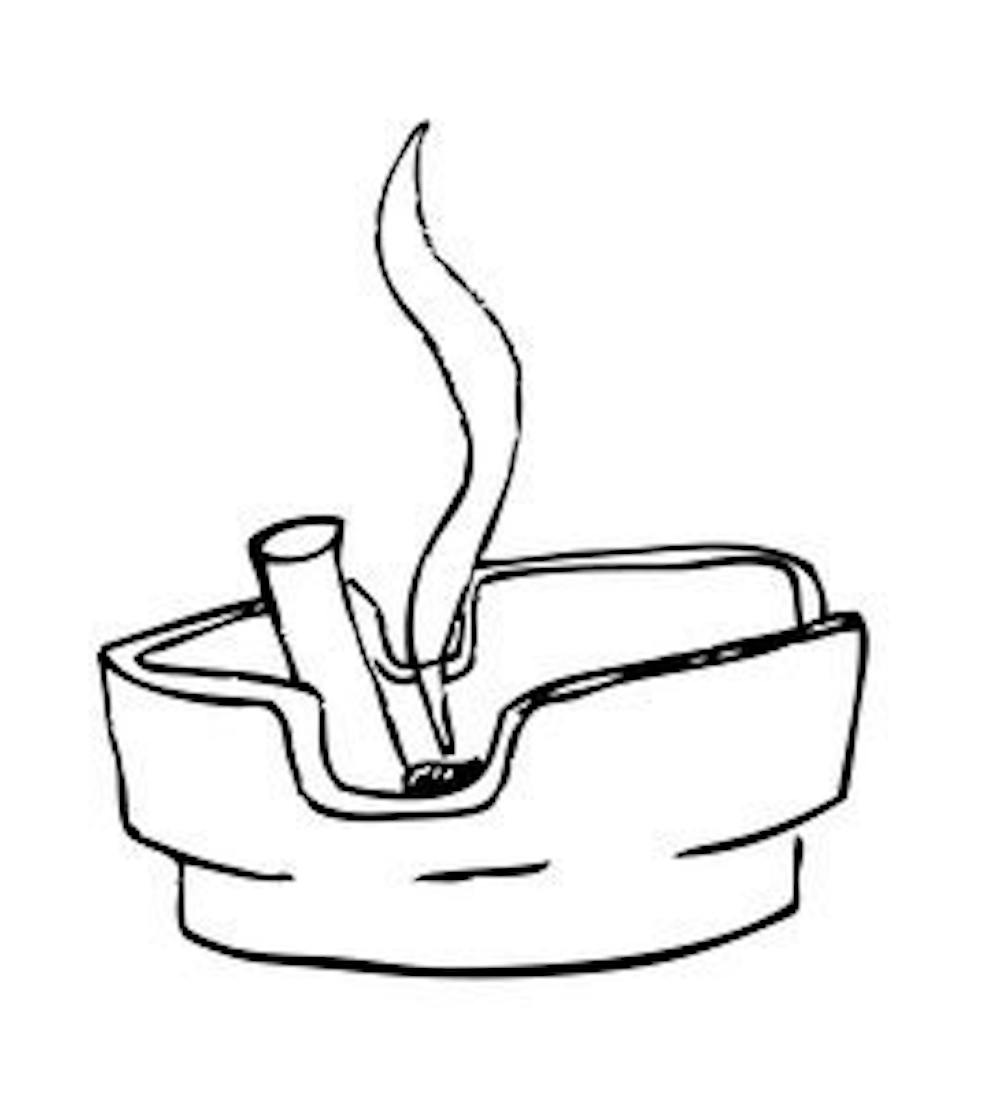If you are a smoker, the 2012-2013 school year may be very different for you.
As of Aug. 16, smoking is prohibited within 25 feet of buildings on Auburn University's campus. With the upcoming policy change, smokers are encouraged to participate in Auburn's "Pack it Up" tobacco cessation program.
Michael Freeman, hazardous materials technician in Auburn University's Risk Management and Safety Department and representative on Auburn University's Staff Council, said considering the new policy, promoting smoking cessation programs should be the overall goal.
"The end result should be better health quality of each individual," Freeman said. "If you just ban smoking it's not going to do anything if you don't have a good smoking cessation program to go with it."
Those interested in the program meet one-on-one with pharmacists and pharmacy students, who will learn about the person's interest in changing and evaluate his or her readiness.
Kimberly Braxton-Lloyd, assistant dean for health services and director of the University's Pharmaceutical Care Center, said the pharmacists working with the patient help develop a quit plan, and together they set a quit date for the patient.
The pharmacists assist in selecting a medication, if appropriate for the patient, such as the over-the-counter nicotine patch, gum and lozenge, prescription nasal spray or inhalers and sometimes non-nicotine medications that can be helpful as well.
Braxton-Lloyd also said the patient meets with the pharmacists so they can help monitor the efficacy of tobacco cessation and the safety of the medications.
The program monitors the smoker's exhaled carbon monoxide levels so the smoker can see the change. Patients are normally in the program for three to six months.
According to Braxton-Lloyd, the program cost is covered once for employees if they are enrolled in the University's health insurance. The University also provides a $120 stipend for over-the-counter medications.
According to Gregory Peden, pharmacist in charge of the Auburn University Student Pharmacy and coordinator of distributive services for pharmacy health services, the program is $120 for students. If the smoker has quit at three months, he or she will receive a $60 refund.
The program is billed through the bursar's office, and over-the-counter medications are available through the pharmacy at a discounted price.
Members of the Auburn community also have the option to volunteer as patients in a pharmacy course titled Early Pharmacy Practice Experience.
The patient receives extra support and monitoring for his or her health and wellness needs, and the pharmacy students gain experience. Interested students or staff may contact Kathy Kyle at (334) 844-8345 for more information.
"Some patients come in and think there's a magical cure," Braxton-Lloyd said. "But like with any type of behavior change, there has to be dedication to change."
Do you like this story? The Plainsman doesn't accept money from tuition or student fees, and we don't charge a subscription fee. But you can donate to support The Plainsman.





